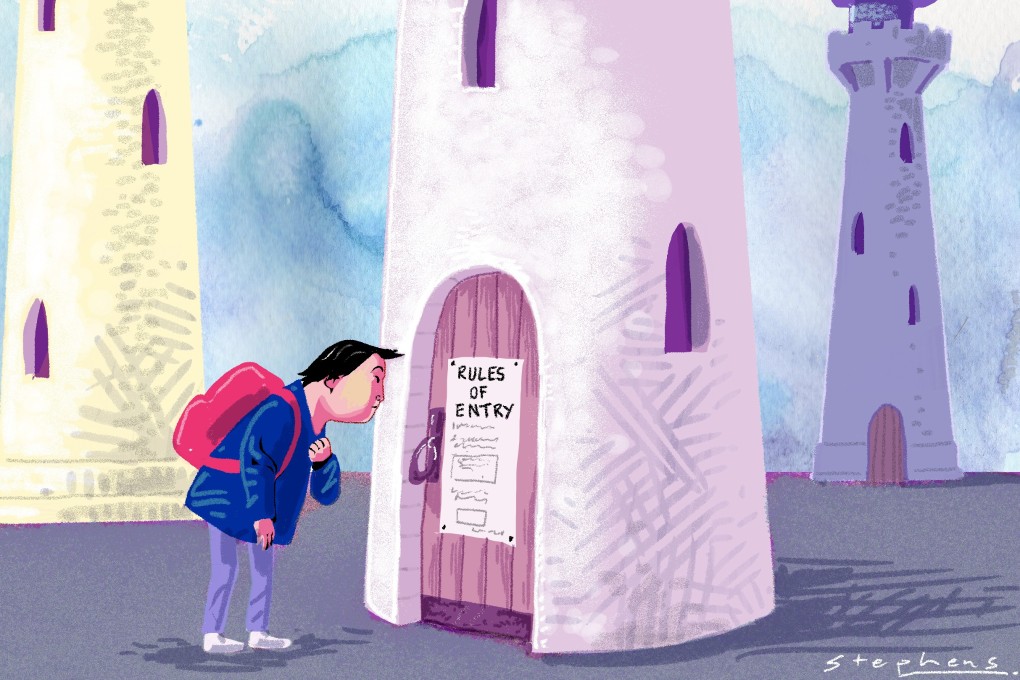Advertisement
Opinion | To assuage fear of Chinese scholars, US universities need to set clear rules against espionage and conflict of interest
- In the current climate of paranoia, it isn’t enough for US higher education institutions to verbally support academic freedom
- They should take charge and spell out what constitutes conflict of interest
Reading Time:4 minutes
Why you can trust SCMP

Following in the footsteps of Berkeley and Stanford, the University of California, Davis issued a statement last month reaffirming its commitment to its international researchers and students.
In the wake of the dismissal of three scientists from the University of Texas MD Anderson Cancer Centre for their failure to disclose international collaborators, UC Davis’ open display of support is encouraging, though it might ring hollow.
Since last year, the US National Institutes of Health (NIH) has started a sweeping campaign to root out foreign, particularly Chinese, infiltration of the US academic system.
Advertisement
Federal Bureau of Investigation director Christopher Wray declared Chinese espionage a “whole-of-society” threat last year, and reiterated his view when he spoke at the Council on Foreign Relations last month, despite vigorous protests from Chinese-American groups including the Committee of 100.
The heightened anxiety among Chinese scholars in the United States cannot be overstated, as evidenced by many WeChat group discussions I have witnessed.
Advertisement
Advertisement
Select Voice
Choose your listening speed
Get through articles 2x faster
1.25x
250 WPM
Slow
Average
Fast
1.25x
